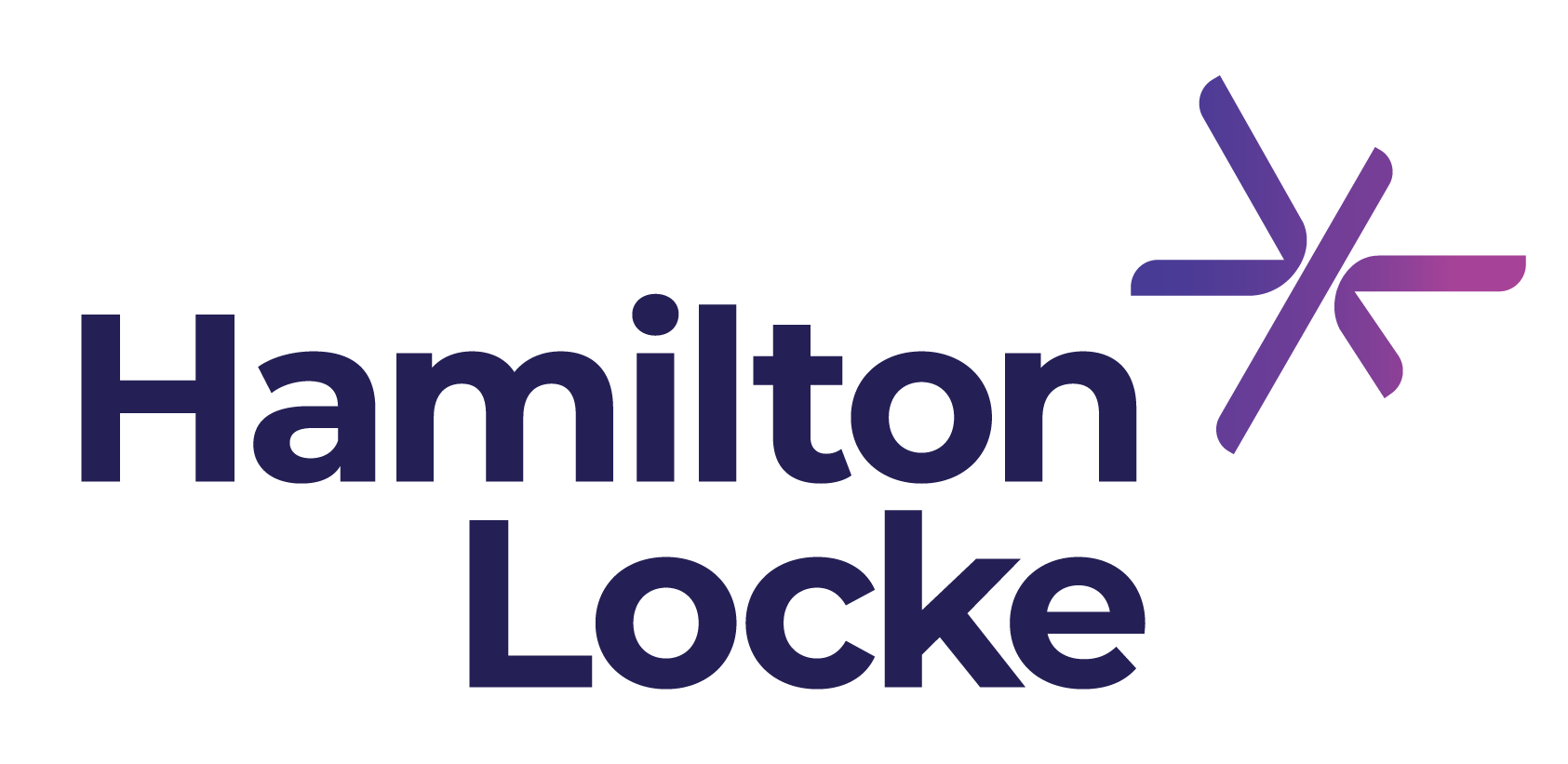CAPITAL RAISING - BETWEEN SEED AND SERIES A
Published on Oct 03, 2017

As the start-up sector matures, capital raising opportunities are increasingly available at the crucial transition stage between seed and series A. This blog looks at the options and traps to be wary of to avoid hindering future growth and capital raising opportunities.
Capital raising options
Equity - Offering ordinary shares to investors is the easiest way to raise funds. But, before bringing in new investors, including venture capital firms who might want a more active role, founders should ensure their interests are properly protected - more information below.
Convertible notes - Convertible notes are a popular alternative to issuing shares. They’re essentially a loan that converts into ordinary or preference shares once the business achieves specific milestones such as technology development, patent applications, securing key customers, reaching a pre-agreed valuation or even just a future date.
Notes convert into shares when the milestone is achieved, and if the milestone doesn’t eventuate, the investor can redeem the note and receive their money back. Interest is paid on the face value of the note until redemption or conversion occurs.
SAFEs - Some unique investment instruments are emerging out of the U.S. A Simple Agreement for Future Equity, aka SAFE, has been created by Silicon Valley startup accelerator Y Combinator. Although similar to a convertible note, SAFEs are not debt instruments. Instead, investors receive a contractual right to equity when a specific event happens or the company reaches a pre-agreed valuation.
Key advantages of SAFEs are:
- No interest accrues
- There’s no obligation to repay the investor if the conversion milestone never occurs – so no potential solvency issues can arise, and
- SAFE holders are passive investors and have no entitlement to participate in key business.
The downside is that SAFEs are only likely to be attractive to experienced investors as they are more speculative.
Crowdfunding - Crowdfunding is another option for start-ups. Changes to the Corporations Act 2001 (Cth), which started on 29 September 2017, will allow capital raises of up to $5 million. Because crowding gives start-ups access to less sophisticated investors, quite prescriptive and compliance-focused offer documents are required, compared to a wholesale investor term sheet.
For start-ups that are unable to attract high net worth or venture capitalist attention, crowdfunding could be a convenient option.
There’s no such thing as a free lunch
Regardless of structure, early investors generally want involvement in business decisions and preferential rights.
Directorships – Venture capitalists commonly request a board position. But it’s wise to be selective. Investors who can contribute strategically to the next stage of growth or have a track record with other successful start-ups should be welcome at the board table. But if they don’t add value, investor directors could slow you down.
Preferences - Astute investors will expect preferential share rights to protect their investment, such as liquidation preferences, last in first out exit rights, and options to lock in future tranches of equity participation at preferred prices.
While these may seem like reasonable requests, they can create a precedent for future investors. If they’re not managed carefully, before you know it, you’ve got 15 people’s opinions to accommodate in a board meeting, a hefty director’s fee bill, and founders’ rights and powers are severely diminished.
This can stifle innovation and growth, spelling disaster for a start-up. Not to mention presenting an obstacle to IPO or third party sale - if those are your goals!
Protecting your own interests should be paramount
Before undertaking a capital raise, founders should have their house in order. Sound corporate governance and a good shareholders agreement are vital.
Pre-series A shareholder’s agreements will ideally give founders sufficient flexibility to offer further investment rounds to key strategic partners – this can save valuable financial resources and keep the focus on developing the business. Strong tag along and drag along clauses are essential if there are multiple seed investors (especially family and friends). These clauses are viewed favourably by venture capitalists as they empower them to force minority shareholders to sell.
It’s easier to put these protections in place when shareholder numbers are small and runway is long, than scrambling when you’re already talking to the next round of investors. Make sure you budget for legal fees as good advice at this point can save a myriad of headaches later.
There’s no need to reinvent the wheel as resources are freely available. For example, AVCAL’s ‘open source’ documents and The Fold’s Startup Kit are excellent blueprints for shareholder and share subscription agreements. AVCAL’s materials are somewhat slanted towards venture capitalists, but provided they’re appropriately adapted to include the protections you need, they can save time and money.
Whatever you use, be sure to consult an experienced start-up lawyer before raising capital for the following reasons:
- For equity raises, guidance on key decision such as preferential share rights and how to compliantly communicate these to other shareholders, will set you up for larger capital raises in the future.
- Convertible note terms can be complex and must be carefully drafted to include certainty regarding conversion events and other key terms like interest calculation and converted share price.
- And finally, no matter how reasonable investors’ demands seem when you are hungry for capital, a skilled start-up lawyer will guide you on how to minimise adverse impact on your business and future capital raises.
The Fold Legal has recently helped a number of fintech start-ups raise bridging capital – we’d be happy to put our knowledge and experience at your service. Email Charmian Holmes if you’d like our assistance.
Author: Charmian Holmes
October 2017


